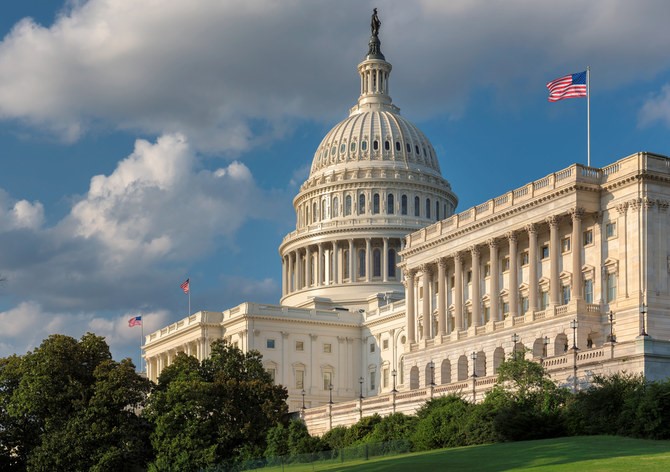WASHINGTON – President Joe Biden and House Speaker Kevin McCarthy reached a “agreement in principle” late Saturday to extend the nation’s legal debt ceiling in a race to limit federal spending and escape a possibly calamitous US default.
Both parties’ support will be required to gain legislative approval next week before the June 5 deadline.
McCarthy said the agreement was struck after the Democratic president and Republican speaker spoke by phone earlier Saturday evening.
“The agreement represents a compromise, which means that not everyone gets what they want,” Biden said late Saturday night in a statement. “That’s the responsibility of governing,” he explained.
The package’s centerpiece is a two-year budget agreement that would freeze spending in 2024 and impose limits in 2025 in exchange for lifting the debt ceiling for two years, moving the delicate political issue past the next presidential election.
The agreement would have limited food stamp eligibility for able-bodied persons up to the age of 54, but Biden was able to obtain exemptions for veterans and the homeless.
The two parties had also agreed on a comprehensive revamp of federal permitting to facilitate the development of energy projects and transmission lines. Instead, the agreement amends the National Environmental Policy Act to appoint “a single lead agency” to develop economic evaluations, with the goal of expediting the process.
The agreement was reached after Treasury Secretary Janet Yellen advised Congress that if lawmakers did not act to raise the federal debt ceiling by June 5 — four days later than previously projected — the United States would fail on its debt obligations.
Both sides have stated that one of the key roadblocks was the Republican push to expand work requirements for users of food stamps and other federal assistance programs, a long-standing Democratic goal.
Work restrictions for Medicaid, according to Biden, are a nonstarter. Despite opposition from rank-and-file Democrats, he appeared to be receptive to negotiating minimal adjustments to food stamps, now known as the Supplemental Nutrition Assistance Program.
Americans and the rest of the world were watching the negotiations with bated breath, fearful that it might destabilize the US economy and erode global trust in the country’s leadership.
With the next Social Security payments due next week, worried seniors and others were already formulating contingency plans for missed payouts.
Failure to comply by the revised deadline would, according to Yellen, “cause severe hardship to American families, harm our global leadership position, and raise questions about our ability to defend our national security interests.”
While at Camp David for part of the weekend, the president spoke with his negotiating team many times a day, signing off on offers and counteroffers.
Source: AP


